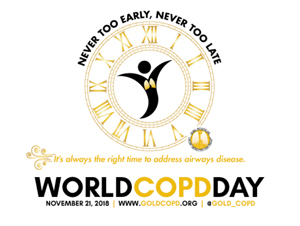 “The current gold standard assessment of human inspiratory muscle function involves using invasive measuring of transdiaphragmatic pressure or crural diaphragm electromyography,” explains group leader Raimon Jané. “We compared surface mechanomyography and electromyography with this usual method for the first time. We recorded the activity using sensors placed on the skin of the lower intercostal spaces in healthy subjects, and found strong correlations with the results from traditional transdiaphragmatic or crural diaphragm electromyography methods.”
“The current gold standard assessment of human inspiratory muscle function involves using invasive measuring of transdiaphragmatic pressure or crural diaphragm electromyography,” explains group leader Raimon Jané. “We compared surface mechanomyography and electromyography with this usual method for the first time. We recorded the activity using sensors placed on the skin of the lower intercostal spaces in healthy subjects, and found strong correlations with the results from traditional transdiaphragmatic or crural diaphragm electromyography methods.”
The publication coincides with World COPD Day 2018, an awareness day for this very common illness to which much of the group’s research has been devoted. On November 9th, BIOSPIN postdoc and first author of the paper Manuel Lozano García (above left, with Raimon) received an Outstanding Doctorate Award from the UPC for his PhD thesis, “Multichannel analysis of normal and continuous adventitious respiratory sounds for the assessment of pulmonary function in respiratory diseases”. His PhD focused on the analysis of respiratory sounds applied to different respiratory diseases such as asthma and COPD, and involved a research stay at King’s College London in a framework of a joint KCL-IBEC project funded by the European Respiratory Society.
In recent years, the BIOSPIN group, with the participation of Abel Torres, Leonardo Sarlabous and Luis Estrada, has also been working closely with clinicians at Hospital del Mar-IMIM and the Hospital Germans Trias i Pujol – the latter in the framework of a joint research unit – to publish COPD and asthma-related research results in PLoS ONE, IEEE Journal of Biomedical and Health Informatics, Entropy and other journals.
—
M. Lozano-García, L. Sarlabous, J. Moxham, G. F. Rafferty, A. Torres, R. Jané & C. J. Jolley (2018). Surface mechanomyography and electromyography provide non-invasive indices of inspiratory muscle force and activation in healthy subjects. Scientific Reports 8, 16921





